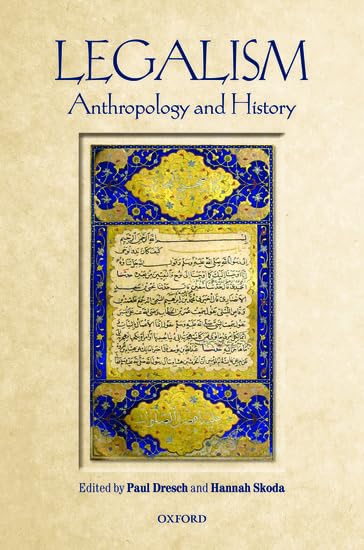Legalism: Anthropology and History
Legalism: Anthropology and History is backordered and will ship as soon as it is back in stock.
Couldn't load pickup availability
Genuine Products Guarantee
Genuine Products Guarantee
We guarantee 100% genuine products, and if proven otherwise, we will compensate you with 10 times the product's cost.
Delivery and Shipping
Delivery and Shipping
Products are generally ready for dispatch within 1 day and typically reach you in 3 to 5 days.
Book Details
-
Author: Paul Dresch
-
Brand: Oxford University Press
-
Edition: 1
-
Binding: Hardcover
-
Pages: 366
-
Release Date: 25-10-2012
-
Language: English
About The Book
Legalism, edited by Paul Dresch, is a thought-provoking volume that examines how law and law-like systems operate across diverse human societies and historical periods. Bringing together leading historians and anthropologists, the book explores the concept of legalism—defined as the appeal to formal categories and rules—as introduced by anthropologist Lloyd Fallers.
Through a series of nine expert contributions, the book delves into case studies spanning from ancient Asia Minor and classical India to medieval England, France, and Saharan societies, illustrating how legal concepts manifest differently across cultures. The essays challenge modern assumptions about law, particularly the state-centered, rights-based model dominant in Western jurisprudence. Instead, they highlight themes such as morality, duty, justice, and aspiration, showing that law can be both a tool of governance and a reflection of broader ethical visions.
Accessible to readers without prior knowledge of the specific legal systems discussed, this volume is an essential resource for historians, anthropologists, legal theorists, and students of law seeking to understand the broader implications of legal thought beyond contemporary Western models.





